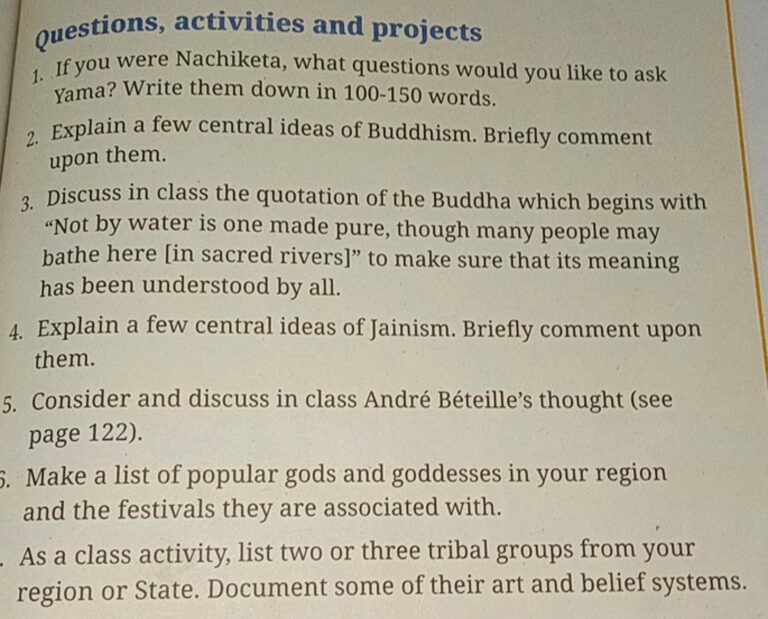Cameroon Sets Presidential Election for October Amid Political Challenges
The Cameroonian government has officially designated October 12, 2024, as the date for its forthcoming presidential election. This announcement comes at a time of heightened political unrest, with opposition factions raising alarms about electoral fairness and reports of voter intimidation. Both domestic watchdogs and international organizations are expected to closely observe the election, which is seen as pivotal in addressing demands for democratic progress and expanded civil liberties.
Several critical factors are shaping the electoral atmosphere:
- Persistent separatist violence in the Anglophone regions disrupting stability
- Intensified security protocols implemented across urban centers
- Opposition calls advocating comprehensive reforms to the electoral system
- A surge in social media activity amplifying both support and criticism of government policies
| Election Detail | Status Update |
|---|---|
| Date Scheduled | October 12, 2024 |
| Sitting President | Paul Biya (seeking seventh term) |
| Main Opposition Figures | Diverse coalition of challengers including Maurice Kamto and Kah Walla |
| Security Environment | Elevated alert levels, particularly in conflict-affected zones |
Presidential Contenders and Their Electoral Approaches Shaping Cameroon’s Future
The race for Cameroon’s presidency is intensifying as several influential candidates prepare their campaigns. Incumbent President Paul Biya aims to secure an unprecedented seventh term by emphasizing his extensive governance experience alongside promises to uphold national stability. In contrast, opposition leaders such as Maurice Kamto and Kah Walla are energizing grassroots movements that prioritize democratic renewal and economic reform.
Â
The candidates’ platforms reflect a nation grappling with issues like widening economic disparities, youth unemployment exceeding an estimated 25%, and ongoing regional conflicts that threaten cohesion.
   Â
Divergent campaign tactics highlight contrasting visions:
   Â
| Candidate Name | Â Â Â Â Â Â Â Â Â Â Â Â Â Â Â ÂCampaign Strategy Focus | Â Â Â Â Â Â Â Â Â Â Â Â Â Â Â ÂCore Policy Priorities | Â Â Â Â Â Â Â Â Â Â Â Â < / tr >
|---|---|---|
| Paul Biya< / td > | Consolidation through alliances with regional power brokers; leveraging state media presence; traditional mass rallies< / td > | National security enhancement; infrastructure development; promoting unity across diverse ethnic groups< / td >
< / tr > |
| Maurice Kamto< / td > | Mobilizing youth via grassroots activism; harnessing social media platforms for outreach< / td > | Electoral transparency reforms; anti-corruption measures; strengthening democratic institutions< / td >
< / tr > |
| Kah Walla
< | Pioneering digital engagement strategies focusing on women empowerment;< | Economic innovation initiatives;< Social justice advocacy |
- < li >< strong >Key campaign themes include: tackling separatist violence, economic revitalization, youth employment solutions.< li >< strong >Communication channels: a blend of radio broadcasts, social networks, & town hall forums aim to reach voters nationwide.
Promoting Fairness and Participation to Foster Democratic Resilience
n
The upcoming presidential vote represents a crucial moment for Cameroon’s democracy. Ensuring an open process where all eligible citizens can cast ballots without fear or obstruction remains paramount. Authorities alongside international observers have underscored several essential steps designed to enhance credibility:
n
- n
- User-friendly voter education programs, clarifying rights & procedures ahead of polling day
- Tightened oversight mechanisms, aimed at detecting fraud or coercion swiftly
- An equitable platform granting all candidates balanced access, including airtime on public media & participation in debates
- A transparent vote tallying system ensuring timely results dissemination, reducing uncertainty post-electionnn
- nn
This approach seeks not only to reduce historical tensions but also encourage broader civic involvement among Cameroon’s growing electorate.
nnn
n n
n Year of Election n
Total Registered Voters (millions) n
% Voter Turnout
(Actual/Projected)n
Total Valid Votes (millions) n
n
n
nConcluding Thoughts on Cameroon’s Electoral Pathway
As October approaches,
Cameroon stands at a crossroads where transparent elections could either reinforce democratic norms or exacerbate existing divisions. The world watches attentively,
with local stakeholders hopeful that this vote will pave way toward greater political inclusivity
and sustainable governance amid complex internal dynamics.
The outcome will undeniably influence not just immediate leadership but also long-term prospects for peace,
economic growth,
and institutional reform within this Central African nation.
International observers continue monitoring developments closely,
underscoring global interest in Cameroon’s political trajectory.
n
n
n







